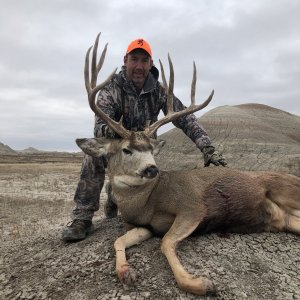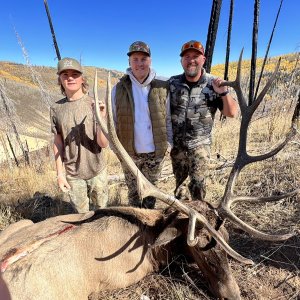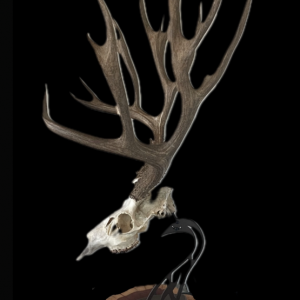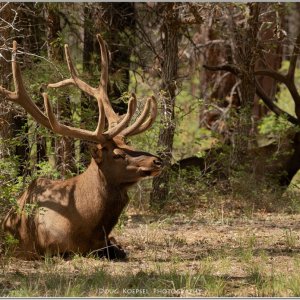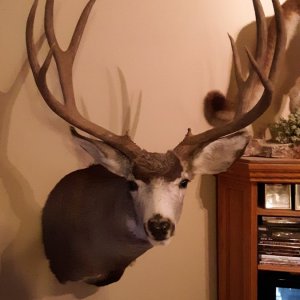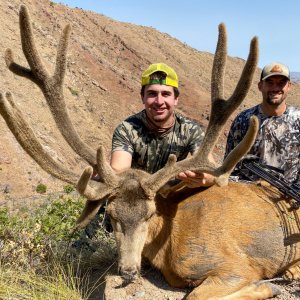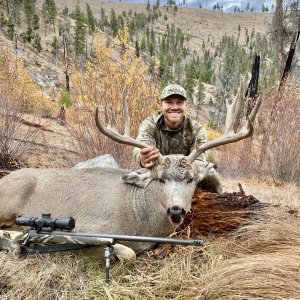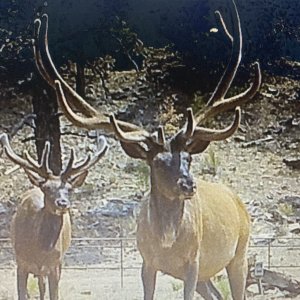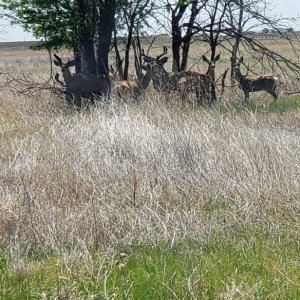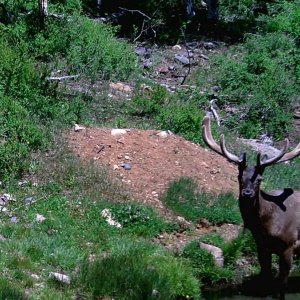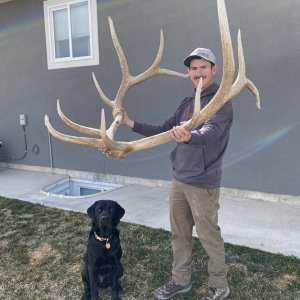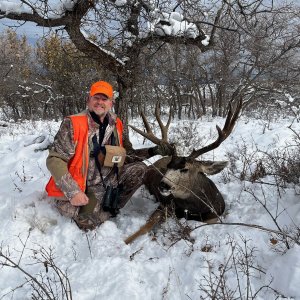gznokes
Very Active Member
- Messages
- 1,322
Do you think it should be legal to continue to hunting after drawing blood on a big game animal while hunting? (I'll leave the ethical discussion for another day).
I'd be especially interested in the response of people who think this is a bad idea. Maybe I'm way off. Here is my rationale.
The State would issue a hunting tag with a notch that says "wounded" or "invalidated". If a hunter wounds an animal the tag would be notched and the hunt would be over. Of course it would be impossible to enforce. However I believe a good percentage of hunters might go along with this if it were indeed the law.
I think it might put a little pressure on some of the delberts in camp (apologies to people named Delbert)who don't sight in their weapons before the hunt. These delberts might think twice before taking an off-hand Texas heartshot at 300 yds and their friends might actually pressure them into notching their tag if they did.
We all know of instances where an animal has received a mere flesh wound, however, I would say the majority of the time the wounds are eventually fatal.
Instituting this type of regulation would have a net effect of lowering the annual "true" harvest. This could be valuable in places where certain populations could use a little relief.
I'd be especially interested in the response of people who think this is a bad idea. Maybe I'm way off. Here is my rationale.
The State would issue a hunting tag with a notch that says "wounded" or "invalidated". If a hunter wounds an animal the tag would be notched and the hunt would be over. Of course it would be impossible to enforce. However I believe a good percentage of hunters might go along with this if it were indeed the law.
I think it might put a little pressure on some of the delberts in camp (apologies to people named Delbert)who don't sight in their weapons before the hunt. These delberts might think twice before taking an off-hand Texas heartshot at 300 yds and their friends might actually pressure them into notching their tag if they did.
We all know of instances where an animal has received a mere flesh wound, however, I would say the majority of the time the wounds are eventually fatal.
Instituting this type of regulation would have a net effect of lowering the annual "true" harvest. This could be valuable in places where certain populations could use a little relief.





